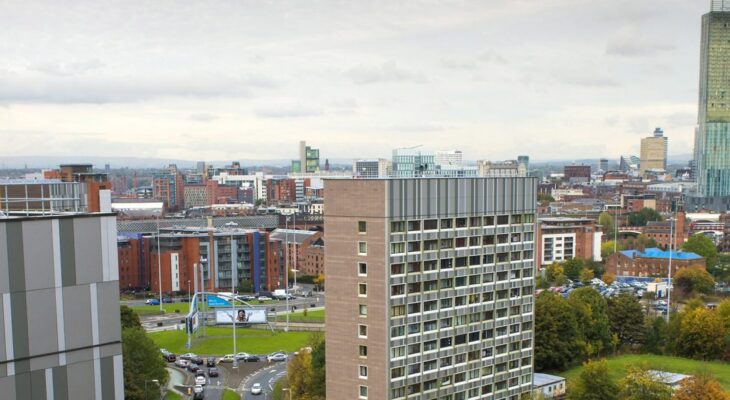10 years on from the introduction of the Public Services (Social Value) Act of 2012, we’re afforded an opportunity to reflect on the successes and challenges of driving positive social, environmental, and economic change to improve the well-being of an area through the awarding of public sector contracts.
This decade has seen some of the most difficult times for many in society in living memory, but with adversity comes remarkable displays of strength and togetherness - something we have seen in abundance through our work with local communities at Neighbourly.
For those of you who may not have heard of Neighbourly, we are a community investment and engagement platform that connects businesses with over 20,000 vetted local charities and good causes across the UK and Ireland. Our platform ensures that the delivery of volunteer time, money, and surplus food and products is tailored and targeted to support people in difficult circumstances, helping to build strong and sustainable communities.
We fundamentally believe that businesses must prioritise the recognised power of local good causes, which are some of the most trusted organisations in our communities. A thriving community and resilient population of hyper-local causes is an essential ingredient to the success of society as a whole. Recovery and rebuilding has to begin in our neighbourhoods and be driven by the knowledge of people who are living and working there.
Before COVID-19, an unacceptable 14.5 million people were living in poverty in the UK, equating to more than one in five people. Child poverty and in-work poverty had been on the rise for several years. Many of those already struggling to stay afloat have subsequently borne the brunt of the economic and health impacts of the pandemic, and now face the cost-of-living crisis and the knock-on effects of the Ukraine war.
Through the work we do at Neighbourly, we’re seeing that the most vulnerable in society are increasingly relying on voluntary organisations for care and support, from temporary housing to food banks. But charities are also facing financial difficulties, an issue that has been exacerbated because of the pandemic and has created challenges in reaching people and communities in need.
However, progress is afoot. With Social Value high on the political agenda, the Government is extending its commitment to ‘levelling up’, reducing inequality, and giving more opportunities to communities that have been left behind. Importantly, the delivery of Social Value is now a critical requirement in the selection process for awarding contracts to business, alongside value for money.
It is not only the Government requiring businesses to focus on driving positive change: investors, consumers and employees are also seeking more than just a financial return or simple transaction from the businesses they support. The choices they make are influenced by a company’s approach to climate issues, sustainability, and their reputation within the local and wider communities they serve. ESG (environmental, social and governance) issues are becoming integral to a company’s core strategy and long-term sustainable value creation plan.
Although many company leaders are still in the early stages of their journey to integrate the creation of Social Value into their business strategy, CEOs named social impact as the top success factor for annual performance in Deloitte’s 2019 Global Human Capital Trends report for the first time. This means social impact analysis is becoming increasingly critical for business leaders in demonstrating the positive link between their organisation’s performance and social, economic and environmental factors.
At Neighbourly, we have seen how many ESG goals can be achieved by looking local and leveraging the existing infrastructure. Trust in local good causes and trust in a company are intrinsically linked – local causes resonate with people because they know their neighbourhoods and what they need. They can see the difference that local organisations make.
Through tracking the inputs and outputs of a donation across a specific “impact theme”, it is possible to assess the social, economic, and environmental factors and how value has been created for the community (what’s changed and the value of that change). In addition, a calculation to emphasise the ‘local multiplier’ effect of local support (developed by the New Economics Foundation), has further highlighted the need for local funding in communities and exactly how much the benefit of that funding is worth.
Finding ways to implement, measure, and sustain a localised Social Value strategy is essential for the future of business. The ability to track and report on ESG is crucial and can be incredibly impactful when a business demonstrates the overall outcomes of supporting local causes rather than just inputs. Great steps can be made in advancing Social Value efforts if millions of local actions and localised ESG strategies are harnessed symbiotically.




